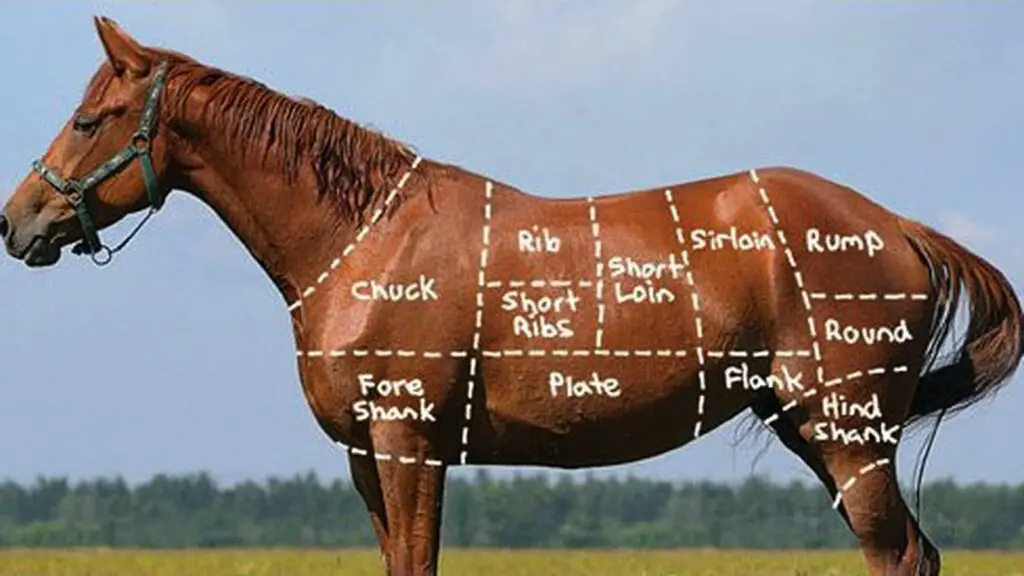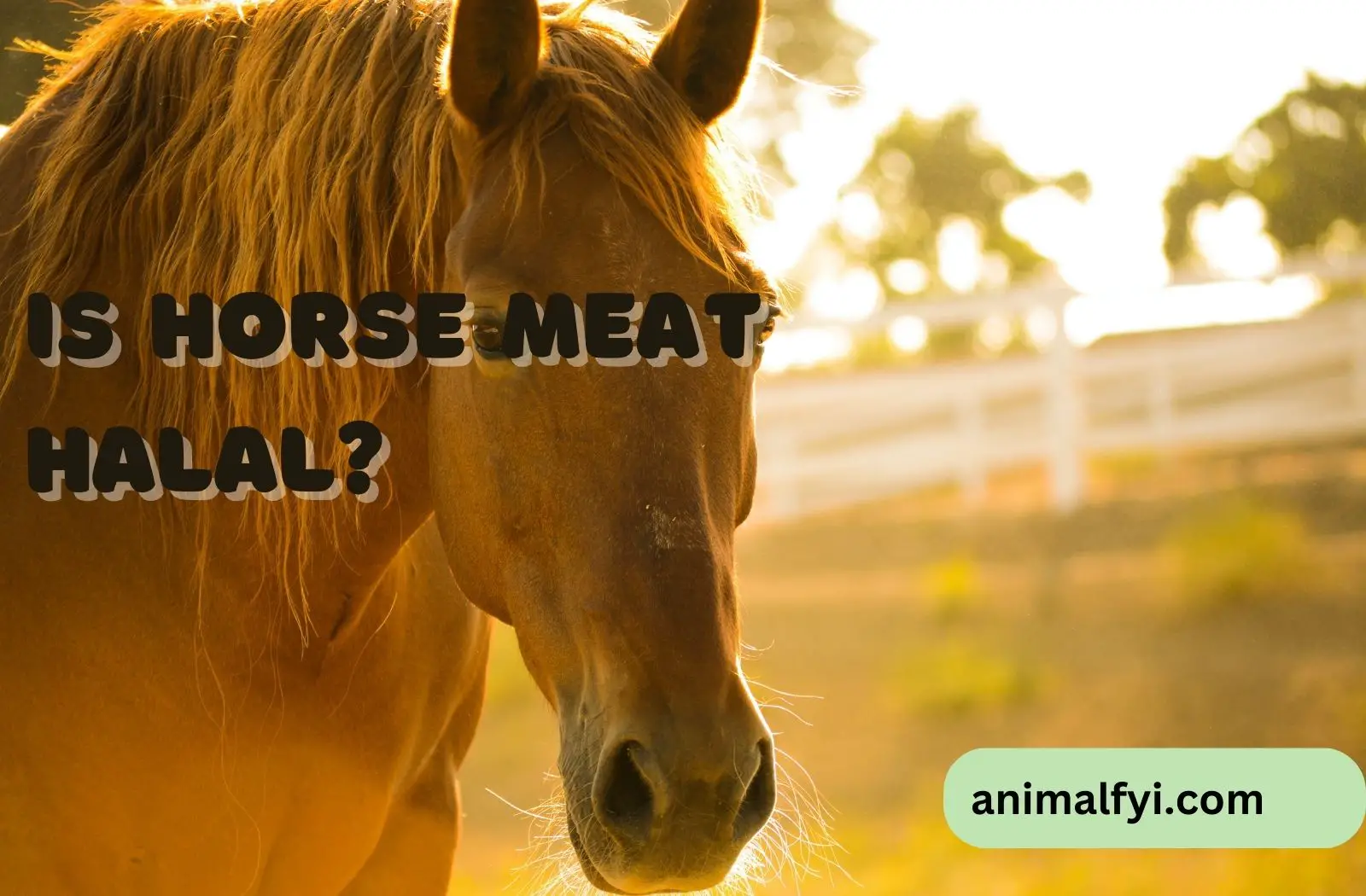Horse meat, a topic that often sparks curiosity and debate, raises questions about its halal status in Islam. Halal, an Arabic term meaning “permissible,” refers to food and practices that adhere to Islamic dietary guidelines. In this article, we will delve into the topic of horse meat and explore whether it is considered halal in accordance with Islamic principles.
Understanding Halal Meat
Halal meat holds significant importance in Islamic dietary laws. Muslims follow specific principles and criteria when determining whether meat is halal. These guidelines stem from religious sources, including the Quran and Hadith (teachings and practices of the Prophet Muhammad). The process of animal slaughter and preparation also plays a crucial role in determining the halal status of meat.
Horse Meat: Permissibility in Islam

Historically, horse consumption has varied across different cultures, including Islamic societies. Islamic scholars have expressed differing opinions on the permissibility of horse meat. Some argue that since it was not explicitly forbidden in the Quran or Hadith, it can be considered halal. They point to the fact that the Prophet Muhammad and his companions consumed horse meat.
Factors Affecting the Halal Status of Horse Meat
When considering the halal status of horse meat, several factors come into play. The source of the animal, whether wild or domesticated, can influence its permissibility. Islamic requirements for animal slaughter, such as pronouncing the name of Allah and ensuring swift and humane slaughter, must be adhered to for meat to be considered halal. Furthermore, it is crucial to avoid cross-contamination with non-halal meat during processing and preparation.
Controversial Views and Debates
The halal status of horse meat remains a topic of debate among scholars and within Muslim communities. While some scholars consider horse meat halal, others view it as makruh (discouraged) or even haram (forbidden). Regional variations also exist, with certain countries and cultures accepting or rejecting the consumption of horse meat based on their interpretation of Islamic teachings.
Certifications and Labels for Halal Horse Meat
To ensure the authenticity of halal horse meat, consumers should look for reputable certifications and labels. Numerous halal certification authorities and organizations exist worldwide. These certifications guarantee that the meat has undergone rigorous inspections and adheres to the necessary halal standards. Sourcing from trusted suppliers who comply with halal guidelines is crucial.
Halal Practices and Guidelines for Consumers
For individuals seeking to follow halal practices, it is essential to educate oneself about Islamic dietary requirements. Verifying halal certification and labels is a crucial step when purchasing horse meat or any other halal product. Being aware of potential controversies and staying informed about differing scholarly views can help in making informed choices.
Is Horse Meat Allowed in Islam?
The permissibility of consuming horse meat in Islam is a topic that has been debated among scholars. While there is no explicit prohibition in the Quran or Hadith regarding horse meat, opinions differ on its permissibility. Some scholars argue that since it is not specifically forbidden, it can be considered halal (permissible). They point to historical evidence of the Prophet Muhammad and his companions consuming horse meat as support for its permissibility.
Is It Halal to Eat Horse Meat?
The question of whether horse meat is halal largely depends on the adherence to Islamic dietary guidelines. For meat to be considered halal, several conditions must be met. The animal must be slaughtered in accordance with Islamic principles, including the pronouncement of the name of Allah at the time of slaughter. Additionally, the method of slaughter must be swift and humane. If these conditions are met, some scholars argue that horse meat can be considered halal. However, it is important to note that opinions on this matter may vary.
Is It Haram to Drink Horse Milk?
Drinking horse milk is not considered haram (forbidden) in Islam. While the consumption of horse meat is a topic of debate, there is no specific prohibition against drinking horse milk. In fact, in certain cultures and regions, horse milk has been traditionally consumed, and there is no clear religious prohibition against it in Islamic teachings.
Is It a Sin to Eat Horse Meat?
Determining whether eating horse meat is a sin depends on one’s interpretation of Islamic teachings and the opinions of scholars. While some scholars argue that horse meat is permissible (halal), others may hold differing views. It is important to remember that sins in Islam are generally associated with acts that are explicitly prohibited in the Quran or Hadith. Since the Quran does not explicitly forbid consuming horse meat, it would not be considered a sin unless one’s specific interpretation or scholarly opinion categorizes it as such. However, seeking guidance from knowledgeable scholars is recommended to make informed decisions in matters of religious practice.
Conclusion
In conclusion, the question of whether horse meat is halal in Islam is not a straightforward one. While some scholars and Muslim communities consider it permissible, others hold opposing views. Ultimately, it is crucial to consult with knowledgeable Islamic scholars or authorities for accurate and up-to-date information. By doing so, individuals can make informed decisions that align with their beliefs and ensure they consume meat that meets the criteria of halal.

